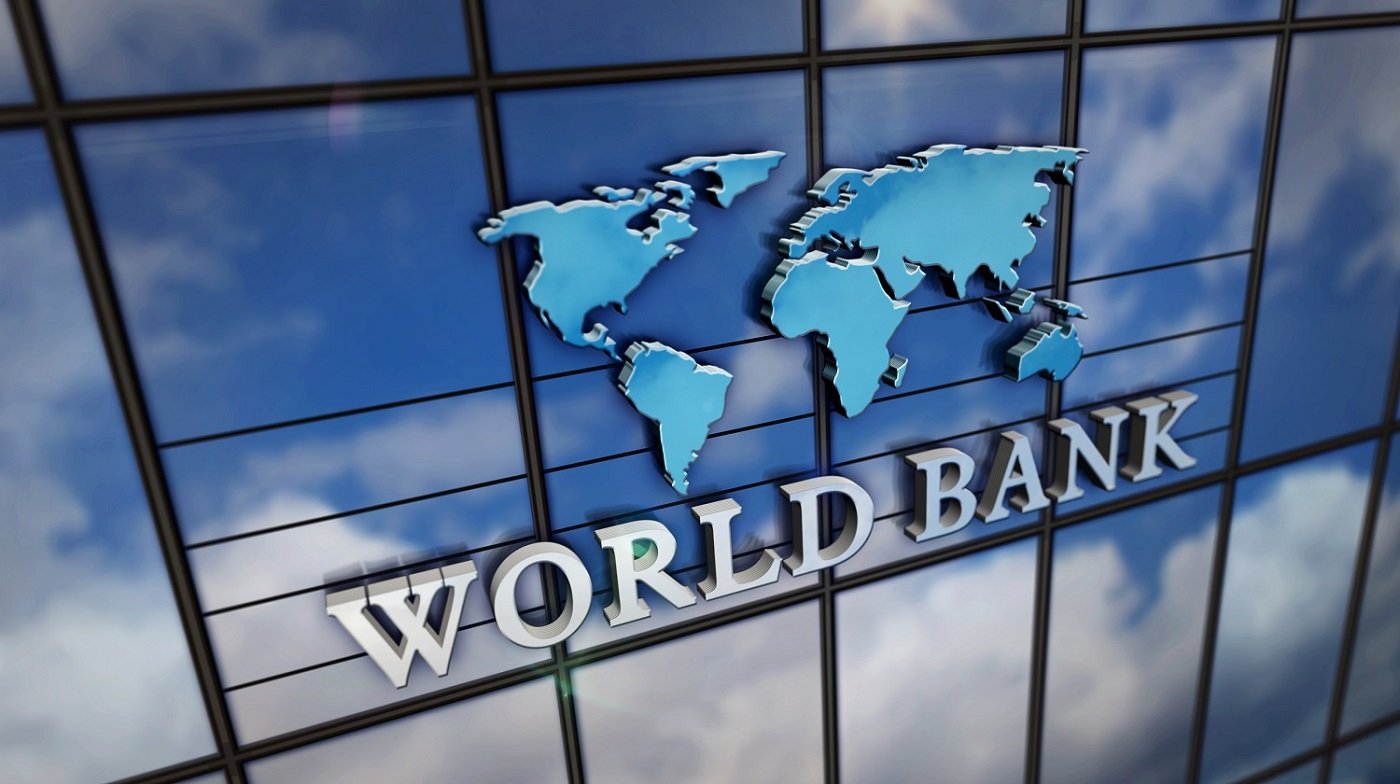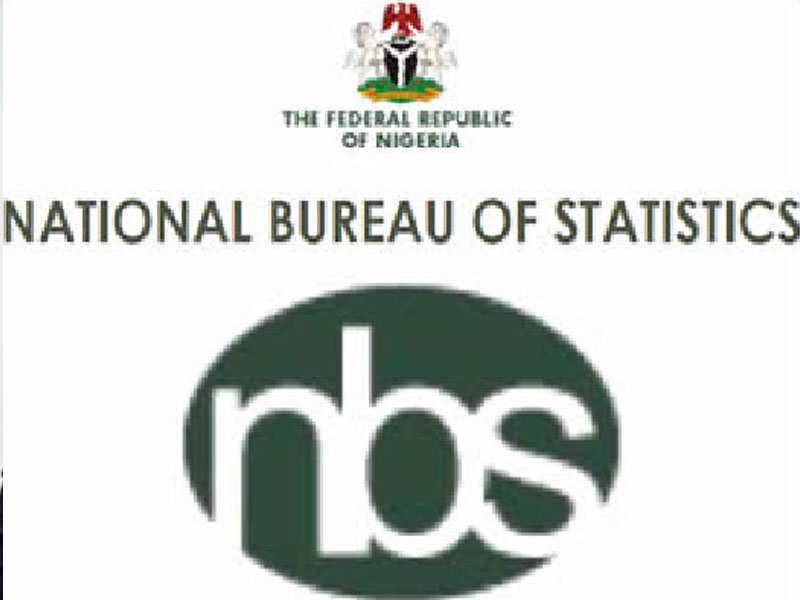The World Bank has cautioned that altering the federal government’s economic policies will spell disaster for Nigeria.
Dr. Ndiame Diop, the World Bank’s Country Director for Nigeria, issued the warning in Abuja yesterday at the introduction of the Nigeria Development Update (NDU) report titled ‘Staying the Course: Progress amidst Pressing Challenges’.
The removal of fuel subsidy and the floating of the Naira are two major reforms that President Bola Ahmed Tinubu’s administration has carried out since its founding.
The current difficulties facing the nation are thought to be caused by both policies.
According to Diop, while the reforms might bring hardship, they were necessary for Nigeria’s long-term stability.
He stated: “Reversing these reforms would be detrimental and would spell doom for Nigeria”.
He said the recent increase in the federal government’s revenue in the first half of the year was largely due to the removal of fuel and forex subsidies, hence the need to sustain the reforms.
While presenting the report, Alex Sienaert, World Bank’s Lead Economist for Nigeria, noted that the forex subsidy in 2022 was even larger than fuel subsidy which was removed in June 2023.
He said Nigeria was subsidising both petrol and forex, which in total was about N10.7 trillion and more than 5 per cent of the gross domestic product (GDP).
He said: “We are seeing a fiscal consolidation underway with the fiscal deficit shrinking from 6.2 per cent of GDP in the first half of 2023 to 4.4 per cent of the GDP in H1, 2024, and that is largely due to expenditure being roughly constant.
“So, this surge in revenue is largely due to the removal of implicit subsidy which was even larger than the PMS subsidy that we talk about. So, if you look, in 2022 the PMS subsidy was around N5 trillion but if you look at the revenues the federal government should have been getting from anything dollar-related; be it oil revenues and taxes, Customs, etc, that hit N6 trillion in 2022. So, the combined cost was N10.7 trillion or 5% of GDP and that was what was driving the accumulation of Ways and Means”, he said.
He said the official exchange rate in 2022 being around N460 and the parallel being around N700, the federal government was losing around N250 for every dollar denominated revenue.
Also speaking, the Lead Economist of the World Bank for Poverty and Equity in Nigeria, Utz Pape, said governments, both at national and subnational levels, must make adequate plans to tackle Nigeria’s unemployment rate as the World Bank has estimated about 12 million of the country’s population will be in the labour market seeking jobs.






